
- 100+ FPS performance
- 8 cores and 16 processing
- 3200 MHz system memory

- Intel Optane Memory
- 8 Cores / 16 Threads
- 3.60 GHz up to 5.00 GHz

- 100+ FPS performance
- 8 core processor
- 4.7 GHz Max Boost

- 100+ FPS performance
- 6 cores and 12 processing
- 4 2 GHz max boost

- Intel Optane Memory
- 6 Cores / 6 Threads
- 3.70 GHz up to 4.60 GHz
Choose the Best CPU for VR Gaming
Customer’s Choice: the Best Rated CPU for VR Gaming
10 users answered this survey. Please help us improve this review!
Are you looking for the best CPU for VR gaming? If so, you’ve come to the right place! In this blog post, we will discuss some of the best CPUs on the market for virtual reality gaming. We will also provide a few tips on how to choose the right CPU for your needs. So, whether you’re a PC gamer who is just getting into VR or you’re looking to upgrade your current setup, read on for the information you need!
Table of Contents
AMD Ryzen 7 3700X 8-Core
 This is one of the best processors in its category, offering ultra-fast 100+ FPS performance for gamers. With 8 cores and 16 processing threads combined with an appealing cooler design that includes color control LED support to make your system look cool under pressure (and keep it running smoothly), this chip can handle anything!
This is one of the best processors in its category, offering ultra-fast 100+ FPS performance for gamers. With 8 cores and 16 processing threads combined with an appealing cooler design that includes color control LED support to make your system look cool under pressure (and keep it running smoothly), this chip can handle anything!
The 4.4 GHz max Boost unlocked rate allows plenty of headroom when pushing systems well past their limits while a 36 MB cache means smooth gameplay even during heavy load times – no matter how long or short those sessions might be on average.
With an elegant design and top-tier performance, the AMD Ryzen is perfect for anyone looking to get into VR gaming. If you are looking for the best possible experience, go with this option!
Intel Core i9-9900K
 Are you tired of your old, slow computer? Do you want to be able to run the newest games and software without having to sacrifice quality or performance? Well, here is Intel Core i9-9900K! This amazing piece of technology has 8 cores and 16 threads, making it perfect for any task you might need it for.
Are you tired of your old, slow computer? Do you want to be able to run the newest games and software without having to sacrifice quality or performance? Well, here is Intel Core i9-9900K! This amazing piece of technology has 8 cores and 16 threads, making it perfect for any task you might need it for.
Plus, with a clock speed of up to 5.00 GHz, you know that this processor is always going to be up for the challenge.
This amazing CPU has everything that anyone could ask from it. With compatibility with motherboards based on Intel 300 Series Chipsets, support of our own brand-new technology called “Optane Memory” (which will speed up your system by orders), AND even integrated graphics capability at UHD levels.
This product doesn’t just offer performance; It sets standards high while still being affordable enough!
AMD Ryzen 7 5800X 8-core
With its max boost frequency set at 4.7 GHz (and able on others), no task will be too intense as long as there are plenty more cores than tasks being completed simultaneously. This means better results without having lag time between them like other processors may cause while running multiple programs simultaneously due to their slower speed compared with ours. Plus if overclocking is what brings excitement into life then don’t worry because unlocked fathering lets users push the limits even further.
AMD Ryzen 5 3600 6-Core
Plus it comes equipped quiet Cooler Master Wraith Stealth cooler which ensures max temperatures stay below 95°C so your system stays running smoothly at maximum potential even during heavy use.
Not to mention its unlocked BIOS allows easy overclocking capabilities means no more sweat or frustration when bench pressing buttons while trying desperately just catch up again faster than your friends. Simply put, this is the fastest and coolest running CPU in its class, making it perfect for gaming at any level!
Intel Core i5-9600K
With six cores and six threads, this processor can easily handle complex applications and multitasking. Plus, with a clock speed of up to 4.60 GHz, you can rest assured that your system will be able to keep up with your needs. And with 9 MB of cache, you’ll enjoy the quick and responsive performance. Additionally, this processor is compatible only with motherboards based on Intel 300 series chipsets, so you’ll need to make sure your system is compatible before making your purchase. Finally, this processor also supports Intel Optane memory, which ensures quick and responsive performance.
So if you’re looking for a powerful and reliable processor, the Intel Core i-9600K is a great option.
Buyer’s Guide
What is a CPU?
A CPU is the central processing unit of a computer. It is responsible for executing instructions, maintaining data storage, and handling input/output operations. The best CPUs for gaming provide the fastest possible performance to ensure that games run smoothly and without lag.
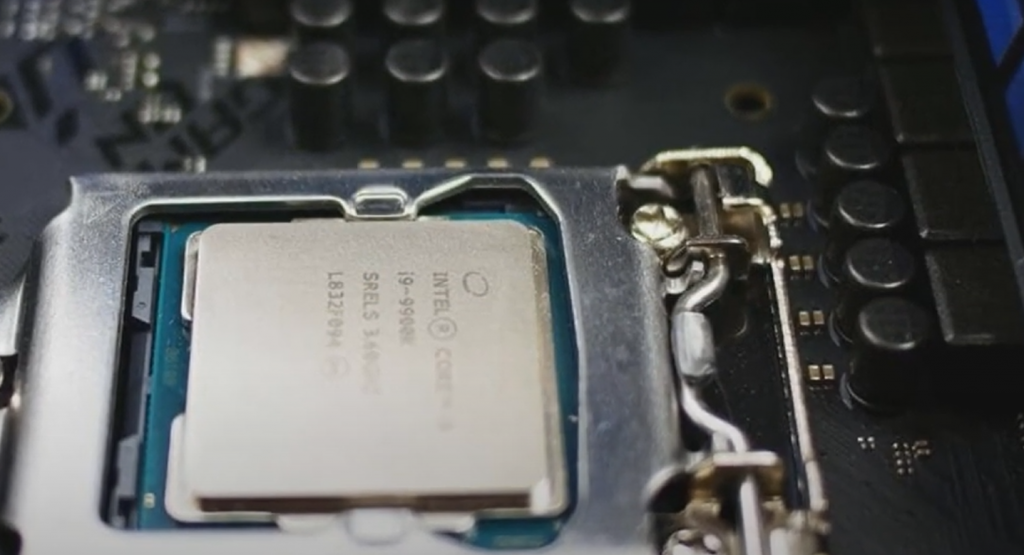
Usually, when people talk about the best CPUs for gaming, they are referring to the Intel Core i series or the AMD Ryzen series [1].
These are both great options for gamers who want the best possible performance. However, there are other factors to consider when choosing a CPU for gaming.
Is VR GPU or CPU Intensive?
This is a common question that gets asked often, and the answer may surprise you. It turns out that both the CPU and GPU are important for VR gaming.
However, there is one area where the CPU has a clear advantage over the GPU, and that’s in processing physics. Physics is a vital part of VR gaming, as it helps create realistic interactions between virtual objects. The CPU is better equipped to handle these complex calculations than the GPU.
In addition, the CPU is also responsible for managing the game’s audio. Audio is an important part of the VR experience, and it needs to be processed in real-time. The CPU is better equipped to handle this task than the GPU.
Do You Really Need A Good CPU For Better VR Experience?
It is a common misconception that you need an incredibly powerful CPU for VR gaming. While a more powerful CPU can certainly make things smoother, it is not necessarily the be-all and end-all of VR gaming. In fact, most modern CPUs are more than capable of providing a good VR experience.
The reality is that the GPU is much more important for VR gaming than the CPU. The reason for this is that the vast majority of VR games are very graphics-intensive. This means that the GPU needs to be able to render those complex graphics in real-time. A powerful CPU can help with this, but it is not nearly as important as a powerful GPU.
So, if you are looking to upgrade your PC for VR gaming, you should focus on getting a good GPU. A powerful CPU can certainly help, but it is not nearly as important as a good GPU.
Do You Need a High-End CPU for 144Hz Gaming?
The simple answer is no, you don’t need a super-powerful CPU for 144Hz gaming. A mid-range CPU like the AMD Ryzen 2600X or Intel Core i5600K will be more than enough power to drive most games at high frame rates.
However, if you want to future-proof your PC or if you want to play the latest and greatest games at the highest settings then you’ll need a high-end CPU. The AMD Ryzen 3000 series or Intel Core i9900K will be overkill for most gamers but if you have the money to spare then they’re worth the investment.
Such games as Fortnite, PUBG, and Apex Legends are all playable at 144Hz with a mid-range CPU but if you want to play games like Battlefield V or Metro Exodus.
Things To Consider When Buying A CPU For VR Gaming
The very first thing to consider when building a VR gaming PC is the CPU. A powerful processor is a key to unlocking the potential of virtual reality gaming.
Nowadays, there are a lot of different CPUs on the market. So, how do you choose the best one for VR gaming? Below are some things to keep in mind when making your decision [2].
Headset Requirements
One of the most important things to consider when looking for the best CPU for VR gaming is the minimum requirements of the headsets you might want to use. It is important because some of the higher-end CPUs can actually exceed the minimum requirements of some headsets.
The HTC Vive, for example, has a minimum requirement of an Intel Core i-series processor or an AMD FX series processor. The Oculus Rift, on the other hand, requires an Intel Core i-series processor or an AMD Ryzen series processor.
Other headsets, like the PlayStation VR, have different requirements entirely. The PlayStation VR requires a PlayStation console, which obviously means you’ll need a PlayStation-compatible CPU.
- In addition, some headsets require a certain type of port, like HDMI or DisplayPort, in order to work. Make sure your potential CPU has the right type of port for your headset.
If you choose a CPU that exceeds the minimum requirements of your headset, you’ll likely have a better VR experience. A CPU that is too weak, on the other hand, can lead to a poor VR experience.
- Another important factor to consider is the resolution of your VR headset. Higher-end CPUs can power higher-resolution headsets, which can provide a better VR experience. However, they will also cost more money.
- The refresh rate of the headset is also important. It means how often the image on the screen is refreshed. A higher refresh rate means a smoother image and a better VR experience.
So make sure to check the minimum requirements of your desired headset before making a purchase. Consider what you need and want from a VR headset before making a decision on which CPU to buy.
Quality
The next thing you’ll want to consider is the quality of the CPU. You’ll want to make sure that it can handle the demands of VR gaming. The last thing you want is for your CPU to bottleneck your system.
To prove that your CPU is good enough, you’ll want to look at its single-threaded performance. This can be done by looking at the PassMark score. Anything above 4000 is considered good.
For example, the Intel i7500K has a PassMark score of over 11000. This means that it’s more than capable of handling VR gaming.
The quality also depends on the brand. Some brands, like AMD, are known for their quality CPUs. Others, like Intel, are known for their quality GPUs.
It’s important to do your research before you make a purchase. You don’t want to end up with a CPU that can’t handle VR gaming.
In addition, you’ll want to make sure that your CPU has a good warranty. This way, if anything goes wrong, you can get it fixed or replaced.
If the manufacturer or seller doesn’t offer a warranty, that’s a red flag. You’ll want to avoid those CPUs.
Clock Speed
Another important factor to consider when choosing a CPU for VR gaming is clock speed. This is the number of times per second that the processor can complete a basic task.
This is important for VR gaming because you want the processor to be able to keep up with the demands of the game. If the processor can’t keep up, the game will start to stutter and lag.
The higher the clock speed, the faster the processor.
You’ll want to look for a CPU with a high clock speed if you plan on doing a lot of VR gaming. Most VR games require a processor with a clock speed of at least three GHz to run smoothly. A processor with a three GHz clock speed can process three billion instructions per second.
A processor with a four or five GHz clock speed will be able to handle even the most demanding VR games.
You’ll also want to make sure that the CPU you choose has a high enough clock speed to handle the demands of VR gaming. Some games can be very demanding on a processor, and you’ll need a CPU that can keep up.
The last thing you want is for your game to stutter or lag because your CPU can’t handle it.
Moreover, a high clock speed will also allow you to run other applications while gaming without any issues.
- Overclocking is also something to consider if you’re looking for the best possible performance. Overclocking is when you increase the clock speed of the CPU beyond its stock settings.
Doing this can give you a significant boost in performance, but it can also lead to stability issues. If you’re not comfortable doing it yourself, there are plenty of overclockable CPUs on the market.
Just be sure to do your research before you start overclocking your CPU.
Cores
The next important thing to look for is the number of cores. The core is short for the central processing unit, and they are the brains of your computer. The more cores you have, the more things your CPU can do at once.
A VR game is going to be much more demanding on your CPU than a traditional game. If you’re planning on doing a lot of video editing or other processor-intensive tasks, then you’ll want to get a CPU with more cores.
Most VR games will work just fine with a quad-core processor, but if you want to future-proof your rig, then getting an eight-core processor is a good idea.
This is important because some games will only use a few cores but benefit from having more threads. In general, more cores and more threads are
There are also a few games that are particularly demanding on CPUs. If you’re planning on playing those games, then you’ll need to get a CPU with more cores. Some of those games are:
- The Witcher III
- Fallout 76
- Assassin’s Creed Odyssey
- Red Dead Redemption II
If you’re not planning on playing any of those games, then you can probably get away with a less powerful CPU.
In addition, the number of cores will also dictate the number of threads.
Threads
One more important consideration is the number of threads. This is the number of things your CPU can do at one time. More threads generally mean better gaming performance.
The number of threads is important for VR gaming because VR games tend to be more demanding than traditional games. They require more processing power to render the two images (one for each eye) at a high enough frame rate.
A CPU with more threads will be able to handle this demand more easily, resulting in a smoother VR gaming experience.
Most games don’t use more than four or six threads, but some simulation-heavy titles like DCS World can use up to 12. If you’re looking to future-proof your purchase a bit, get a CPU with more threads than you think you’ll need.
When it comes to VR gaming, you’ll want a CPU with as many threads as possible. More threads mean more power and a better gaming experience. Look for a CPU with at least eight threads.
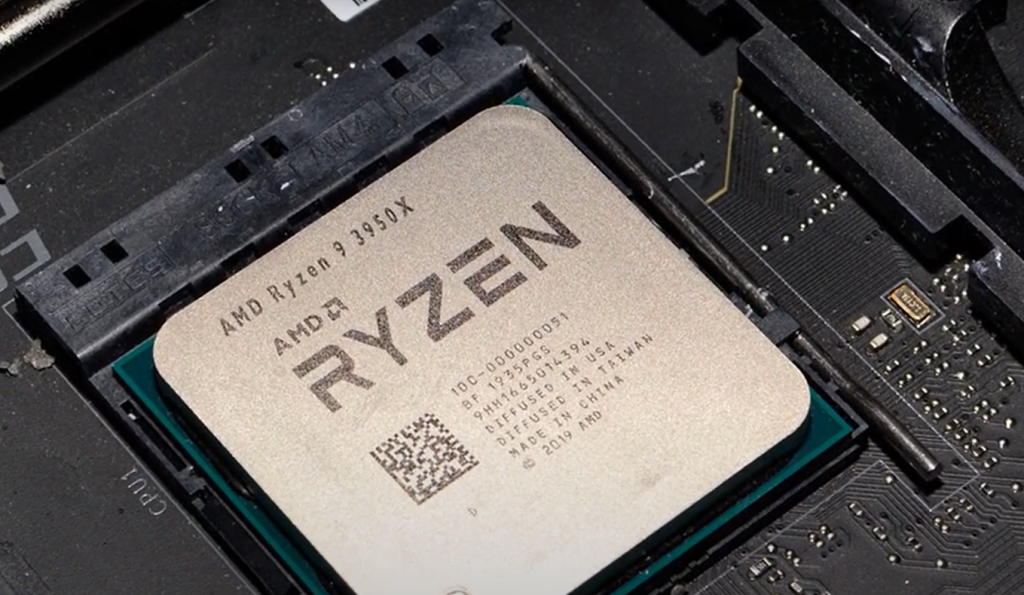
Similarly, if you plan on doing any video editing or streaming, those activities will also benefit from additional thread support.
In addition, certain VR applications will also take advantage of more threads. For example, the SteamVR Performance Test runs best on CPUs with more than four cores.
So, how many threads do you need for VR gaming?
Ideally, you’ll want a CPU with at least four cores and eight threads. This will give you enough power to handle most VR games and applications.
If you can afford it, a six-core/12-thread CPU would be even better. This will future-proof your purchase a bit and give you some extra headroom for other activities like video editing or streaming.
The CPU also needs to be fast enough to avoid bottlenecking your graphics card. We’ll talk more about that later.Chache
Another important factor to look for when choosing a CPU for VR gaming is cache. A cache is a type of built-in memory that helps the CPU quickly access frequently used data. The good cache size for VR gaming is at least 256KB.
The cache is important because it stores the instructions that the CPU needs to access quickly. It is similar to RAM, but it is much faster. A bigger cache size means that the CPU can store more instructions and data. This can help improve gaming performance, especially in VR games where there are a lot of things happening at once.
Make sure to check the cache size. A bigger cache will help improve gaming performance and make sure that your games run smoothly.
For example, the Intel Core i-series CPUs have large caches that range from 256KB to over 20MB. The AMD Ryzen CPUs also have large caches, ranging from 512KB to 16MB.
Moreover, the new Intel Core X-series CPUs have even larger caches, up to 24.75MB. These CPUs are designed for high-end gaming and VR applications. They are also more expensive than the other options on this list.
Socket Compatibility
Socket Compatibility is the next thing you need to consider when purchasing a CPU for your gaming PC. It means that the socket of the CPU must be compatible with the motherboard that you have. As of now, there are three different types of sockets: LGA 115x, AMx, and FMx.
The most common type is LGA 115x and it is used by Intel CPUs. AMD uses AMx and FMx sockets. If you have an Intel motherboard, then you can only use LGA 115x CPUs.
The same goes for AMD motherboards, they can only use AMx or FMx CPUs. However, there are some motherboards that are compatible with both types of CPUs.
If your CPU is not compatible with your motherboard, then you won’t be able to use it. It will be a waste of money.
Moreover, you also need to make sure that the CPU you are buying is compatible with the other components of your gaming PC.
The compatibility of the CPU is very important because it ensures that all the components of your PC will work together smoothly.
Size Matters
When it comes to CPUs, size does matter. It is important because the CPU is responsible for processing all the information that comes into your computer. A powerful CPU can help you process information faster and improve your gaming experience.
There are two sizes of CPUs that are commonly used in gaming computers: full-size and mini-ITX.
- Full-size CPUs are great for gaming because they offer the best performance. They have more processing power and can handle more complex games.
- Mini-ITX CPUs are a good choice for gamers who want a smaller form factor. They’re not as powerful as full-size CPUs, but they’re still a good choice for VR gaming.
The best CPUs for VR gaming are usually the larger ones. They have more cores and can handle more information. If you want a top-of-the-line VR gaming experience, you should choose a full-size CPU.
You can find mini-ITX and full-size CPUs at most computer stores. If you’re not sure which one to get, ask a salesperson for help. They can recommend the best CPU for your needs.
Thermal Design Power
The next factor to take into account is the thermal design power (TDP). It is a measure of the heat dissipation of a computer processor. VR gaming puts extra strain on CPUs, so it’s important to choose a processor with a high TDP. The higher the TDP, the better the cooling system required to keep the CPU running at its best.
It is important to choose a CPU with a high TDP in order to avoid overheating and performance issues while gaming. A processor with a higher TDP will require a better cooling system, but it will be able to handle the extra strain of VR gaming.
Moreover, a higher TDP usually means that the processor is more powerful, which is an important factor to consider when choosing a CPU for VR gaming.
If you want to get the best possible performance out of your VR gaming rig, choose a CPU with a high TDP.
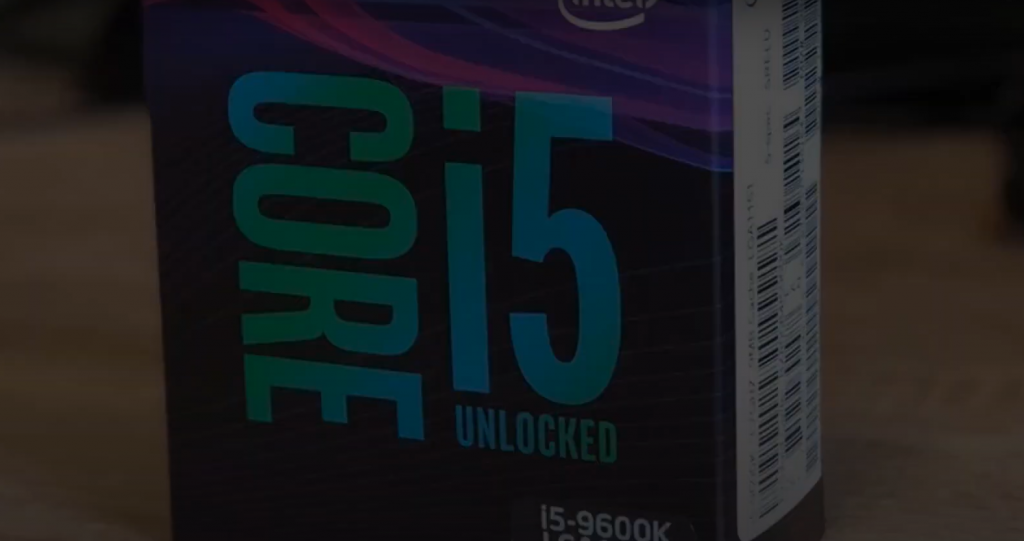
Make sure to pair it with a good cooling system, and you’ll be ready to take on any virtual reality game.
Price
The last factor to consider is the price. While you want to get the best possible CPU for VR gaming, you also don’t want to spend more than you have to. There are some great options out there that won’t break the bank.
Usually, the more powerful the CPU, the more expensive it will be. But that’s not always the case. You can find some great deals on CPUs if you know where to look. So, don’t just buy the first one you see. Shop around and compare prices to get the best deal.
However, be careful not to sacrifice quality for the price. A cheap CPU might not be able to handle the demands of VR gaming. So, it’s important to find a balance between price and quality.
Always keep in mind the other components of your computer as well. A great CPU won’t do you any good if the rest of your computer can’t keep up. Make sure all your components are compatible and can work together to give you the best possible gaming experience.
Don’t forget to read reviews before you make your final decision. There are a lot of great CPUs out there. But, not all of them will be right for you. Do your research and read reviews to find the best one for your needs.
Make sure to consider your budget and needs when choosing a CPU for VR gaming. There are some great options out there, regardless of your budget. Do your research and find the right one for you. With the right CPU, you can enjoy an amazing VR gaming experience.
FAQ
Is Intel Core i7 good for VR?
The simple answer is yes, an Intel Core i7 is more than powerful enough for VR gaming. However, you’ll need a beefy graphics card to go along with it. The Core i7 is a great all-rounder that should be able to handle anything you throw at it, including VR gaming.
Can AMD Ryzen 3 run VR?
Yes, the AMD Ryzen 3000 series is fully compatible with VR gaming and will provide a smooth experience. The new Zen architecture is particularly well-suited to VR gaming, so you can expect excellent performance from a Ryzen CPU.
What PC specs are needed for VR?
The specific requirements vary depending on which VR headset you’re using, but in general, you’ll need a powerful CPU and graphics card to run VR games smoothly. A high-end gaming PC should be able to handle VR gaming without any problems.
Useful Video: 5 Best CPU For VR Gaming 2021! Gaming Beast
Final Thoughts
Choosing the right CPU for VR gaming can be a difficult task. There are many factors to consider, such as performance and compatibility. However, by taking the time to do your research and select the right CPU for your needs, you can ensure that your VR gaming experience is top-notch.
There are many different VR gaming CPUs on the market, so it’s important to select the one that best meets your needs. Consider your needs and budget when making your decision. With the right CPU, you can enjoy an immersive VR gaming experience. Thanks for reading!
I hope this article helped you choose the best CPU for VR gaming.
Which CPU do you think is the best for VR gaming? Do you have any questions or comments? We’d love to hear from you. Please feel free to leave a comment below.
Happy gaming!
References:
- https://www.build-gaming-computers.com/best-cpu-for-gaming-2022.html
- https://arvrtips.com/cpu-for-vr/

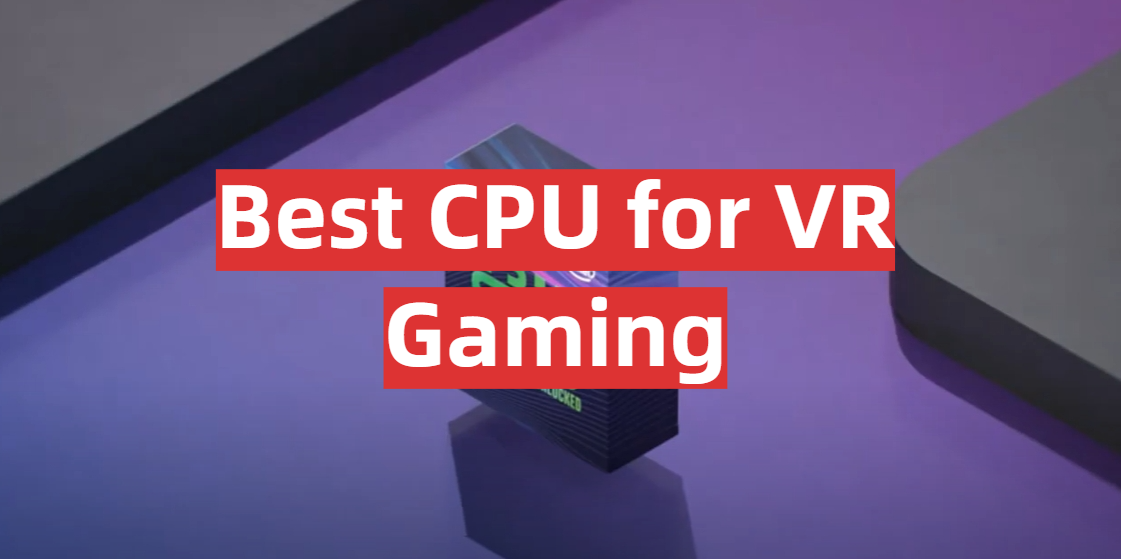
 You need to get the best of everything and that’s why we’re here. We know you want a processor capable, not just for gaming but also for video editing or anything else your heart desires; trust us when we say this 8-core beast can do it all!
You need to get the best of everything and that’s why we’re here. We know you want a processor capable, not just for gaming but also for video editing or anything else your heart desires; trust us when we say this 8-core beast can do it all!
 It is the perfect processor for gamers. With 6 cores and 12 processing threads, this powerful yet energy-efficient chip can deliver what you need to take on any challenge out there with ease!
It is the perfect processor for gamers. With 6 cores and 12 processing threads, this powerful yet energy-efficient chip can deliver what you need to take on any challenge out there with ease!
 Looking for a powerful processor that can handle even the most demanding tasks? Then check out the Intel Core i5-9600K.
Looking for a powerful processor that can handle even the most demanding tasks? Then check out the Intel Core i5-9600K.


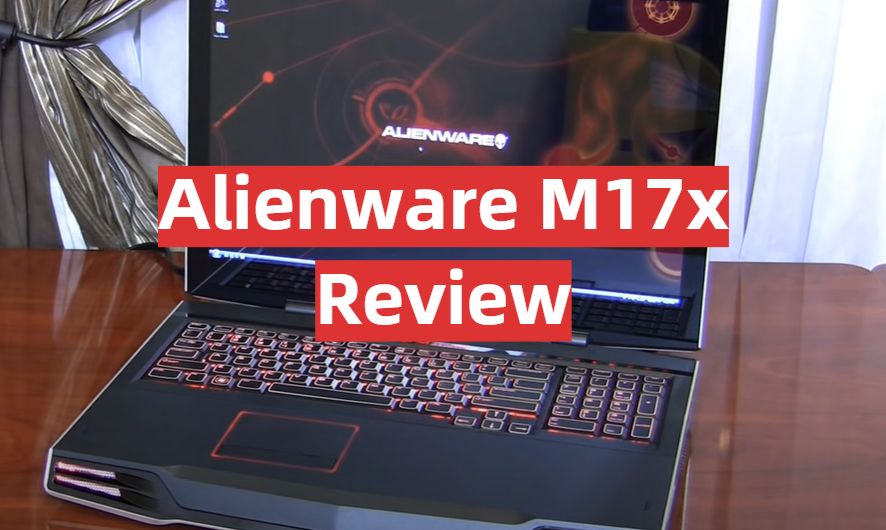
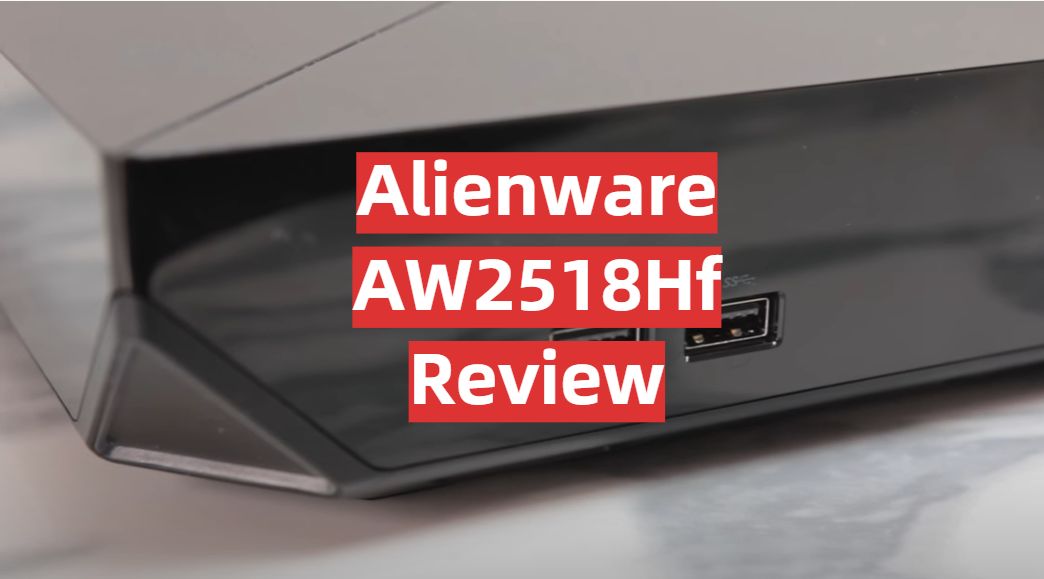
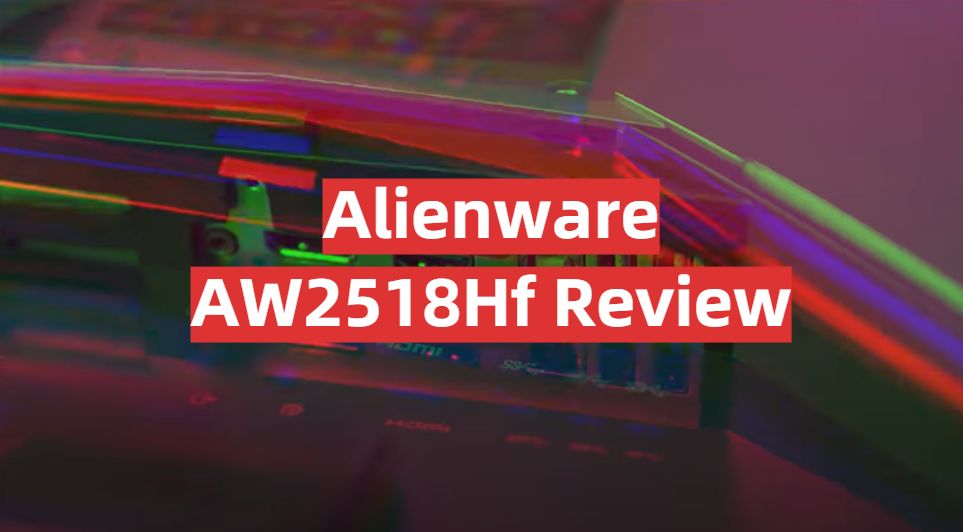
Leave a Reply